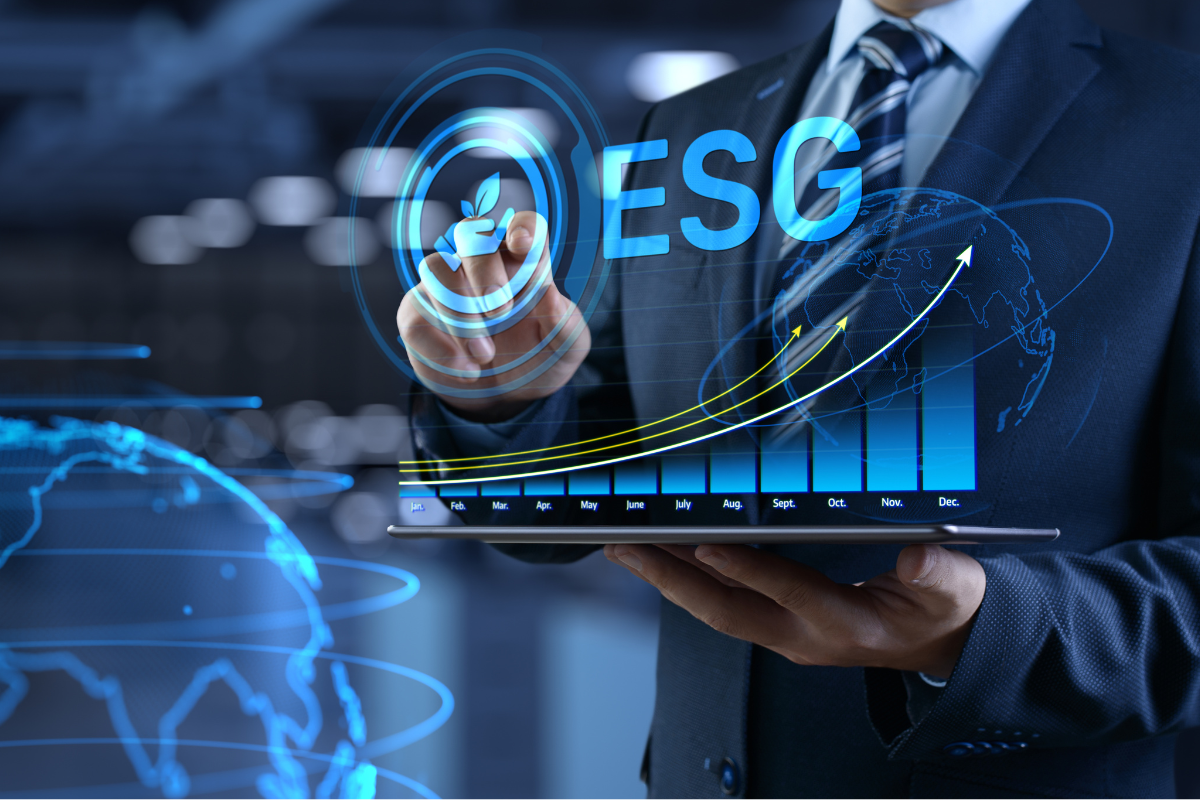
Sunnking Sustainable Solutions recently rebranded to emphasize ITAD, asset recovery, data destruction and environmental, social and governance reporting, and now it has released its inaugural ESG report. | SWK Stock/Shutterstock
After a rebrand earlier this year to focus on environmental, social and governance reporting, Sunnking Sustainable Solutions in New York released its first ESG report, laying the groundwork for short- and long-term goals and reporting on its 2023 numbers.
The 40-page report aims to “openly communicate our sustainability journey, outlining our objectives, achievements and plans that will foster ongoing enhancements in our environmental efforts,” it stated.
The company rebranded in the spring specifically to reflect the wider suite of services it offers beyond asset recovery and to emphasize four areas of services: ITAD, asset recovery, data destruction and environmental, social and governance reporting. It also announced that it planned to release its first ESG report.
That report includes goals of being carbon-neutral by 2030, reducing the impact and emissions of the company’s in-house fleet of vehicles, optimizing power consumption and energy usage at facilities and addressing risks associated with climate change.
In the next three years, Sunnking plans to develop a set of comprehensive ESG metrics and implement advanced tracking tools, conduct stakeholder engagement sessions on ESG priorities and expectations to set “specific, measurable, achievable, relevant and time-bound ESG targets,” review and revise company policies and procedures to incorporate ESG, and keep publishing an annual ESG report.
Over the next three to 10 years, the company intends to align its own ESG targets with global sustainability standards, create partnerships with other organizations that also prioritize ESG, and integrate ESG risks into the overall risk management strategy.
The report also provided details into Sunnking’s operations. In 2023, Sunnking processed 23.3 million pounds of material and 6% went to landfill, the report stated. Of the roughly 21 million pounds recovered, 14.2 million pounds were metals, 821,000 pounds were plastics, 386,000 pounds were batteries, 250,000 pounds were cardboard or paper and 5.4 million pounds were other materials.
“Our waste management approach focuses on minimizing our own waste and managing materials from clients and the community,” the report noted. “We adhere to the R2v3 core standards, and prioritize material reuse and, where that’s not feasible, material recovery, with disposal as a last resort.”
The company reported it has a “zero waste mentality” and pushes for operational reuse, such as repurposing pallets and cardboard.
The report also noted that Sunnking has doubled its battery recovery amounts compared to previous years, is increasing safety training around batteries and battery fires, and plans to install thermal cameras in 2024 to further monitor for fires.
In terms of reuse, about 1.9 million pounds were resold. Broken out by type of device, non-CRT computer peripherals made up 1 million pounds of the total, followed by computers at 580,000 pounds, small electronic equipment at about 62,000 pounds and small scale servers and non-CRT televisions each at about 15,000 pounds. An “other” category made up the remaining roughly 239,000 pounds.
“Guided by four foundational pillars – secure, sustain, support and supply – our aim is to empower innovation in creating strategies that significantly reduce the environmental footprint of electronic scrap,” the report stated.
With that in mind, Sunnking added 14 new community collection sites in New York, making the total more than 150 across the state. It collected 7.6 million pounds from those sites in 2023, and collected an additional 1.6 million pounds from 14 collection events.